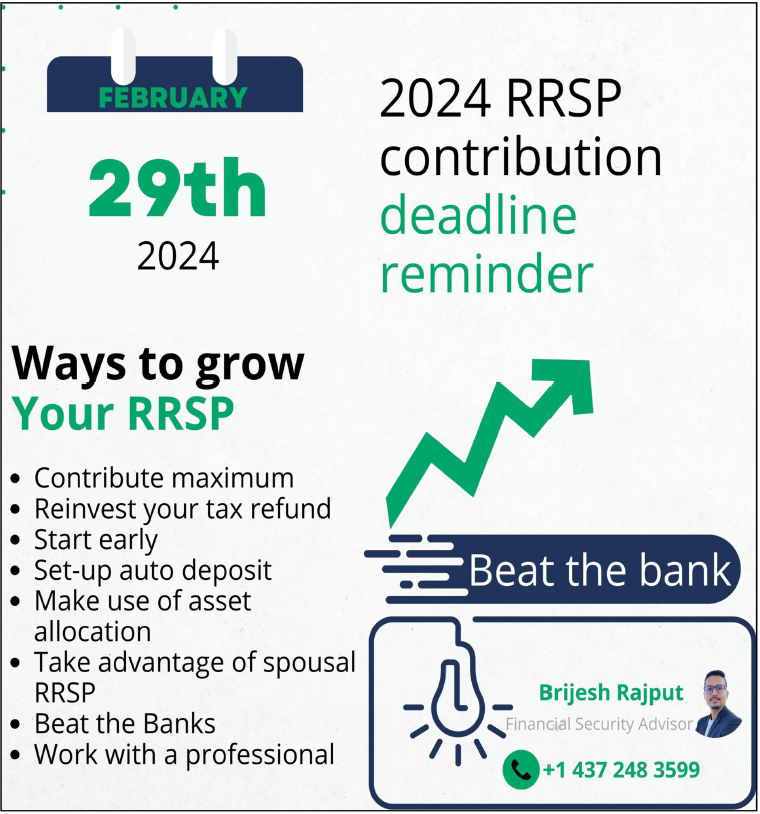
As Canada’s housing market continues to face pressure, more than a million mortgage renewals are set to hit in 2025, and experts are warning that this could result in a significant surge in home sales. Many homeowners, particularly those with variable-rate mortgages, could face significant financial strain as their monthly payments increase due to rising interest rates.
The impact of these upcoming mortgage renewals is expected to be felt across the country, especially in markets where housing prices remain high, and inflationary pressures continue. For homeowners who purchased their properties during the market boom in recent years, the transition from lower, fixed interest rates to current higher rates could mean an increase in monthly payments of several hundred, if not thousands, of dollars.
While many homeowners are accustomed to renewing their mortgages, the scale of the impending renewals in 2025 is unprecedented. According to industry reports, approximately 1.2 million mortgages are set to renew over the course of the year, representing a significant portion of Canada’s housing market. The Bank of Canada’s decision to raise interest rates in a bid to combat inflation has already led to higher borrowing costs, and those who took out mortgages at historically low rates will now face the reality of far more expensive monthly payments.

This financial strain is expected to lead to a tough decision for many homeowners—either adjust to the higher payments, or face the possibility of selling their homes. In some cases, homeowners may be unable to afford their mortgage renewals, particularly if they’ve experienced job losses, income reductions, or rising living costs.
The looming mortgage renewals could lead to a surge in home sales in 2025 as more homeowners decide to sell rather than bear the increasing costs of homeownership. For many, selling their homes may seem like the only option to avoid the financial burden of mortgage payments they can no longer afford.
This surge in sales could create a flood of inventory in the market, driving down prices in an already strained housing market. While this may provide some relief to buyers who have struggled with affordability, it could also deepen the financial woes of homeowners who are forced to sell at a loss.
Another challenge for homeowners facing mortgage renewals is the risk of negative equity. Negative equity occurs when the value of a home falls below the remaining mortgage balance. In a market where property values have fluctuated and some areas have seen declines in recent years, many homeowners could find themselves in this unfortunate situation.
For those who find themselves with negative equity, selling the home might not be enough to cover the mortgage balance, leaving them with significant debt. This could force many to reconsider selling, further complicating the issue of affordability and market stability.
The potential for more homeowners to sell under financial pressure could have broader economic implications. As more properties flood the market, the balance between supply and demand could shift, impacting housing prices nationwide. Cities and regions that are already seeing declines in home prices could experience a deeper drop, while areas with limited inventory might see more modest impacts.
Additionally, if a significant number of homeowners choose to sell rather than renew their mortgages, this could lead to a wider financial crisis. Increased defaults or foreclosures could further strain the real estate sector, impacting other industries like construction, home improvement, and retail.
For homeowners facing mortgage renewals, it’s crucial to plan ahead and understand their financial options. Consulting with mortgage advisors and exploring various renewal terms can help mitigate some of the financial pressures. It may also be helpful for individuals to assess their overall financial health, considering whether downsizing or refinancing could provide a viable solution.

For those at risk of foreclosure or unable to afford higher payments, contacting their lender early to discuss potential solutions is key. In some cases, lenders may be able to offer modified terms or extended payment options to help homeowners navigate this challenging period.
As we approach 2025, the reality of mortgage renewals presents a significant challenge for homeowners and the housing market alike. With millions of Canadians potentially facing financial strain, the next few years could see a period of transition and upheaval. How this issue unfolds will depend on the broader economic environment, government policies, and individual financial planning. One thing is clear: the surge in mortgage renewals could trigger a major shift in Canada’s housing market and, by extension, its economy.
For those navigating the upcoming changes, understanding the potential risks and opportunities will be key to ensuring long-term stability in an uncertain market.







